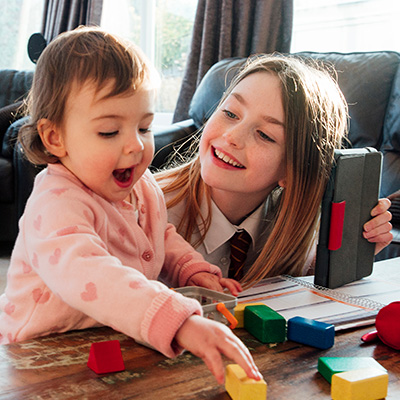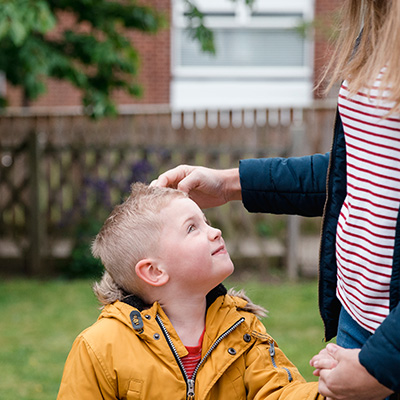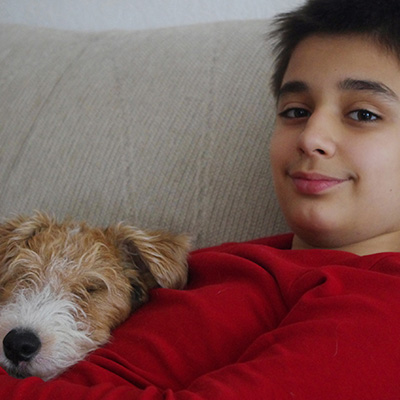Your support network
We believe that the stronger the support system for the foster carer, the more positive the outcome for the child or young person.
We believe that the stronger the support system for the foster carer, the more positive the outcome for the child or young person.
Safehouses provides a running programme of specialist training courses throughout the year, which are free to attend for all Safehouses foster carers. From this, new carers will be supported to produce a competence-based portfolio that is TSD (Training Support Development) recognised. We employ expert external trainers to deliver up-to-date and relevant courses. If you’d like to find out about any of these courses, or would like to suggest any further training not outlined below, speak to a member of the team on 01457 829 111.
This mandatory training course will be completed during your application process. Designed to prepare you for fostering, it will help you decide whether fostering is the right career for you.
Delivered by Headsight Training this is a mandatory course that offers carers therapeutic parenting insight using the Dr Dan Hughes PACE model.
This session includes LGBT+ identities, appropriate, current language and terminology and LGBT+ inclusion in your setting. It will also provide an opportunity to have your questions answered.
This course will provide participants with up-to-date knowledge and skills to use when working with young people with ADHD and associated conditions
Participants will gain a deeper understanding of:
Training that enables you understand and follow the latest Government guidance relating to safeguarding children.
The course will look at the practical ways in which carers can minimise risk and explore ways to keep everyone safe in a fostering setting.
The opportunity to discuss fostering from a male perspective, including the impact it may have on relationships.
The First Aid course for young people is very popular and is delivered to all children, including the carers’ own children or grandchildren. By the end of this course participants will be able to:
This course will enable participants to explore how on-going Life-Story work contributes to children’s and young people’s understanding of their past, present and future.
Supporting foster carers who are preparing children to adopt. This can often be emotionally complex for both carers and children.
Preparing young people for the future is an essential responsibility of a foster carer. This training will:
This course aims to give foster carers:
A practical course that will give carers greater confidence in the administration of medicines, and how to care for children with specific medical needs, such as diabetes.
Approaching the menopause and starting a career in fostering often coincide. This will be a supportive, informative and informal session to discuss the impact on confidence, self-belief and coping strategies (for men and women).
Participants will gain a deeper understanding of:
This course will consider sibling relationships in foster care, and the impact of separation or remaining together, in the context of the individual needs of each child.
Start your fostering career today, get in touch with us to find out how. We would love to hear from you.




